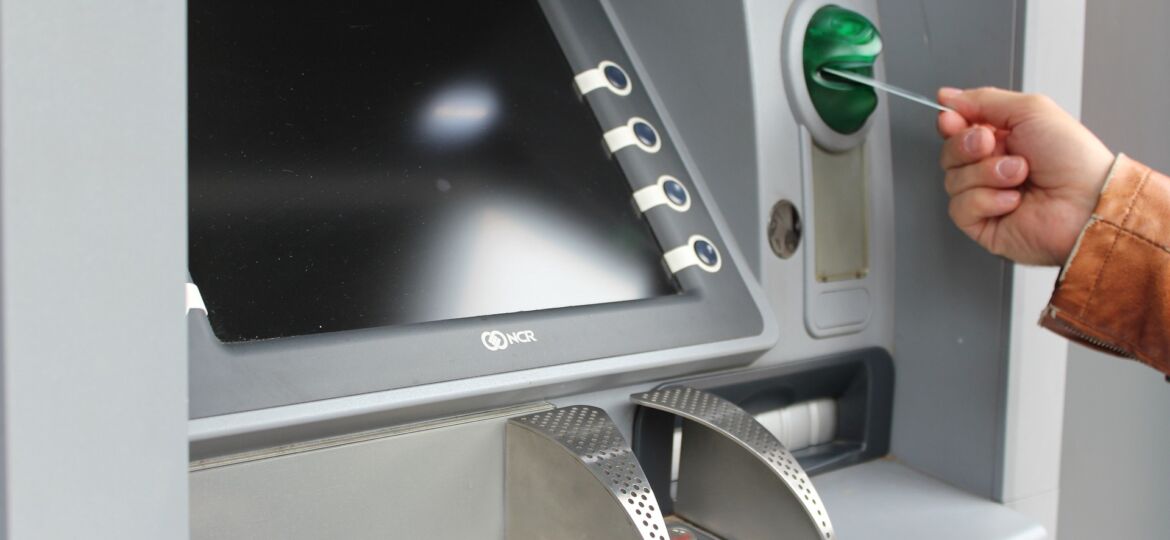
A checking account, also known as a ‘demand account’ or a ‘transactional account’ is a type of bank account that allows you to deposit and withdraw money at ease for all of your daily transactions. It is also the bank account that you will need when looking to borrow money online, as lenders will deposit any funds into a checking account. You can access your checking account using ATMs, checks, and electronic debits, to ensure that you can easily make go-to transactions whenever and wherever you want.
However, it’s still important that you keep a close eye on your checking account fees and track your day-to-day spending. These are assessed for overdrafts, and some banks will require you to keep the account balance above the required amount.
What Is the Difference Between a Checking Account and a Savings Account?
A checking account is different to a savings account. Whereas a savings account is primarily used for storing your money to save and grow your funds, a checking account is used for your everyday purchases, bill payments and ATM withdrawals. As such, in contrast to savings accounts, a checking account typically receives lower interest rates, or none at all.
In other words, checking accounts are liquid accounts; allowing for numerous deposits and withdrawals, as opposed to less liquid savings or investment accounts.
This makes checking accounts beneficial to anyone who wants to make frequent withdrawals or transactions from their bank account. As you will use your checking account for your daily expenditure, by monitoring your checking account you can also view, for example, where you are spending unnecessarily and where you need to budget if needed by checking your account statements.
What Types of Checking Accounts Exist?
Checking accounts don’t need to be opened by just one individual. Types of checking accounts include business or commercial accounts, joint accounts, and student accounts, along with other types of accounts that offer similar features.
For example, a student checking account is offered by some banks and involves a special free checking account for college students. It will remain free until they graduate to help get them through their studies.
Other accounts like commercial checking accounts are specifically designed to be used by businesses, whilst joint checking accounts can be used by two or more people who can write checks on the account.
Understanding Checking Account Overdrafts
You must understand the concept of overdrafts before opening a checking account: an overdraft is when your bank will cover you for purchases made with more than you currently have in your checking account. In short, you are able to borrow money through your account but have to repay this. This applies to the likes of online payday loans and any credit agreement you may have in any form.
Before you open a checking account, first you should make sure to check if the bank will charge you for each transaction that causes your account to use your overdraft. So, if you purchase an amount more than you currently have in your account, you may be charged an overdraft fee as well as a subsequent fee for each additional purchase you make while remaining in your overdraft.
To avoid overdraft fees, many banks offer a service known as overdraft protection for checking account holders. With overdraft protection, even if the account has insufficient funds, your bank will cover the shortfall so that your transactions will still go through.
Besides overdraft protection, you can avoid overdraft fees by simply choosing to open a checking account with a bank that charges no overdraft fees.

How to Choose a Checking Account
Besides choosing to open a checking account with a bank that either offers overdraft protection or no overdraft fees, there are a few other things to consider before choosing a bank to open your account with.
Try and look for accounts that earn interest on the cash you store there, though rates may come with balance limits and spending requirements.
The best checking accounts also tend to offer free access to nationwide ATM networks, as this will make withdrawing and depositing your money a lot easier, and give you greater financial freedom when you move around the country. Checking accounts can also offer debit cards as a standard feature, which will also make it a lot easier to make your everyday purchases.
Some checking accounts even offer sign-up bonuses and, although you should never make a serious financial decision based on the bonuses and freebies offered to you, these are always a plus.
When it comes to setting up a checking account, it is generally a pretty simple process. You can just apply online or visit a bank branch to get a checking account open within an hour.

